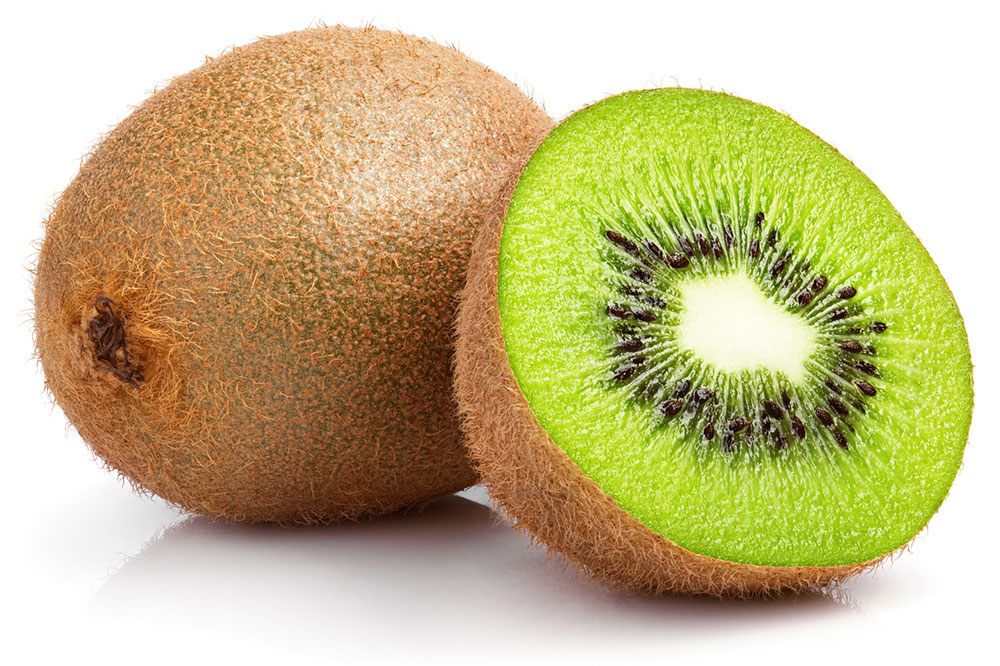Natural Remedies and Foods to Relieve Constipation Effectively
This comprehensive article explores natural foods and remedies to relieve constipation effectively. It highlights fiber-rich fruits like apples, pears, kiwis, figs, and citrus, along with vegetables such as leafy greens and artichokes. The piece emphasizes the importance of hydration, fermented drinks, and medical options like Linzess and Movantik® for severe cases. By understanding dietary choices and medical solutions, those suffering from constipation can improve their digestive health naturally. The article provides detailed insights into how different foods support gut motility and overall bowel health, making it a valuable resource for maintaining regularity and comfort.

Natural Remedies and Foods to Relieve Constipation Effectively
Constipation is a widespread digestive disorder that affects people of all ages, but it is especially prevalent among older adults. It manifests when bowel movements become infrequent, difficult, or unsatisfactory, generally occurring fewer than three times per week. While mild cases can often be managed with lifestyle changes and dietary modifications, severe or chronic constipation may lead to discomfort, bloating, and even more serious health complications such as hemorrhoids or fecal impaction. Therefore, understanding the role of diet, particularly fiber-rich foods, in managing constipation is crucial for maintaining digestive health.
In addition to pharmaceuticals and lifestyle adjustments like regular physical activity and adequate hydration, consuming specific foods that are high in dietary fiber can make a significant difference. These foods help bulk up stool, facilitate smoother transit through the colon, and promote overall gut health. Below, we delve into some of the most effective natural foods that can help alleviate constipation symptoms and support regular bowel movements.
Apples and Pears: Delicious Fiber Powerhouses
Apples, especially when eaten with the skin, are a rich source of dietary fiber, providing approximately 4.8 grams per 200 grams serving. They contain pectin, a soluble fiber known for its ability to soften stool and promote smooth movement through the digestive tract. Pectin acts as a natural prebiotic, fostering beneficial gut bacteria, which are essential for healthy digestion. Incorporating apples into your daily diet can help regulate bowel movements and reduce constipation symptoms.
Pears are equally beneficial, offering over 5.5 grams of fiber per 170 grams. The high fiber content, along with natural sugars and water content, makes pears effective for relieving constipation. Eating pears with their skins maximizes their fiber benefits, aiding in stool softening and improving gut motility. They can be eaten raw, added to salads, or included in smoothies for a natural constipation relief.
Kiwi, Figs, and Citrus Fruits: Fruits Rich in Fiber and Nutrients
Fruits such as kiwi, figs, and citrus fruits are renowned for their nutritional density and fiber content. Kiwi, in particular, contains actinidin, a plant protease that aids digestion, while also stimulating smooth bowel movements. It is especially helpful for individuals suffering from irritable bowel syndrome with constipation (IBS-C). Figs are high in fiber and contain mucilage and flavonoids that increase stool volume and promote regularity. Citrus fruits like oranges, mandarins, and grapefruits are rich in soluble fibers, such as pectin, and vitamins that support gastric motility.
Dark Leafy Greens: Nutrient-Dense Vegetables for Digestive Health
Dark leafy greens, including broccoli, spinach, kale, and Brussels sprouts, are packed with dietary fiber, vitamins C and K, and folate. These vegetables add bulk to the stool, making bowel movements easier and more regular. They contain antioxidants that reduce inflammation and promote a healthy gut environment. These greens can be enjoyed in a variety of ways such as steaming, boiling, grilling, roasting, or as part of salads and smoothies, making them a versatile addition to diets aimed at relieving constipation.
Artichokes: A Delicious Source of Prebiotics
Artichokes, both globe and Jerusalem varieties, are excellent for supporting digestion. Jerusalem artichokes are particularly high in inulin, a soluble fiber that acts as a prebiotic, encouraging the growth of beneficial gut bacteria. This not only improves stool consistency but also increases stool frequency and volume. Including artichokes in meals can significantly enhance gut health. Combining Jerusalem artichokes with chicory root, another rich inulin source, creates a powerful duo for promoting digestive wellness.
Whole Grains, Seeds, and Oats: Stimulate Digestion Naturally
Foods high in insoluble fiber such as whole grains, seeds, and oats are vital for maintaining regular bowel movements. Ryes, chia seeds, flaxseeds, and oat bran are especially beneficial because they add bulk to stool, stimulate peristalsis, and promote faster transit through the intestines. Incorporating these into daily meals—such as oatmeal, smoothies, or baked goods—can significantly aid in preventing and relieving constipation.
Hydration and Fermented Drinks: The Foundation of Digestive Well-Being
Staying properly hydrated is essential for preventing constipation, as water helps soften stool and facilitates easier excretion. Drinking plenty of water throughout the day, combined with probiotic-rich beverages like kefir, yogurt, and fermented drinks, supports gut flora health. Probiotics help restore and maintain healthy gut bacteria, which are essential for effective digestion and regularity. Including these drinks in your diet can improve stool consistency and enhance overall gut function.
Medical Interventions for Severe Constipation
While dietary modifications are effective for many, some cases require medical treatment. Doctors may prescribe medications such as Linzess (linaclotide), which increases intestinal fluid secretion, making bowel movements easier. These medications are typically used for chronic constipation and should be taken under medical supervision. Linzess is approved for use in adult patients and is available through prescriptions, often with discount coupons to reduce cost.
MOVANTIK®: Managing Opioid-Induced Constipation
For patients on long-term opioid therapy, constipation is a common and challenging side effect. MOVANTIK® (naloxegol) is a prescription medication designed specifically to treat opioid-induced constipation. It works by preventing opioids from binding to mu-receptors in the gut, thereby maintaining normal bowel function and alleviating constipation. Additionally, it can help reduce associated abdominal pain and discomfort, improving quality of life for opioid-dependent patients. This medication can be an essential part of managing constipation in patients requiring ongoing opioid use, under the supervision of a healthcare professional.





